Pittsburgh, often referred to as the “Steel City,” was a hub of industrial activity in the United States, especially in the first half of the 20th century. During the 1940s and 1950s, the city’s economy was heavily reliant on steel production, a process intrinsically linked to coal usage.
Coal was the primary energy source driving the industrial machines and furnaces in Pittsburgh. It powered steel mills, factories, and even homes. This dependence on coal had a significant environmental and health impact on the city and its residents.
The Environmental Impact
Pittsburgh’s skies were frequently darkened by thick clouds of coal smoke. This smoke was a byproduct of the burning of coal in numerous industrial and residential sites. The dense, sooty fog was so prevalent that daytime often resembled twilight. The city experienced regular fallout of soot and ash, which coated buildings, streets, and vehicles. This fallout was not just an inconvenience; it also posed a serious threat to public health and the cleanliness of the city.
Read more
Health and Quality of Life
The constant presence of coal smoke in the air led to widespread respiratory problems among Pittsburgh’s residents. Issues such as chronic bronchitis and asthma were common, particularly in children and the elderly. The smoggy conditions affected daily life in various ways. Laundry hung out to dry would often become soiled by soot, and streetlights sometimes had to be kept on during the day. Visibility was frequently reduced, impacting transportation and outdoor activities.
Response and Regulation
The severe environmental and health issues led to a growing public outcry in Pittsburgh. Residents and civic groups began to demand action against the pollution. This period saw an increased awareness of the need for environmental regulations.
In response to the public demand, local government officials enacted several anti-pollution laws. These included regulations on the types of coal that could be burned and mandates for industrial smoke control. The city also invested in cleaner technologies for steel production and energy generation.
The Transition
By the late 1950s, Pittsburgh started to transition to cleaner energy sources. Natural gas and oil began to replace coal in many industries and homes. This shift was instrumental in reducing the coal smoke problem. The steel industry in Pittsburgh also underwent modernization, adopting new technologies that were less reliant on coal. These changes contributed


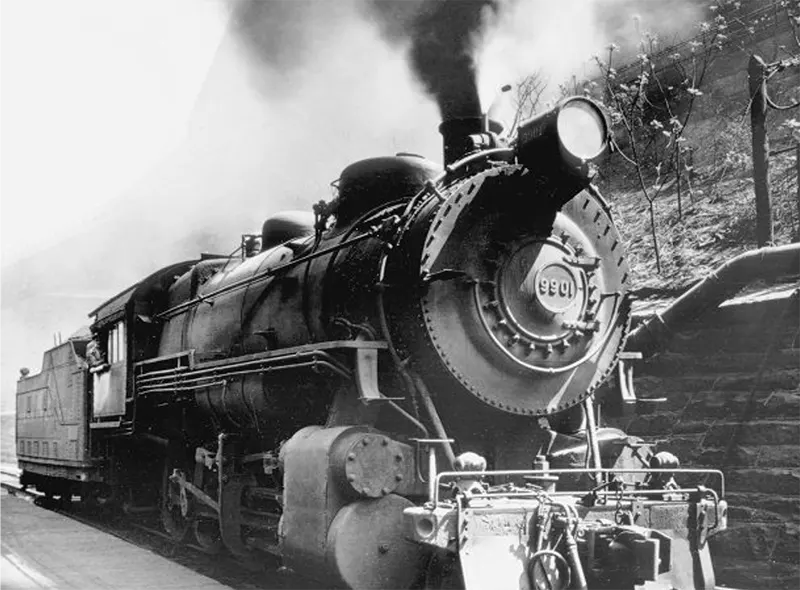
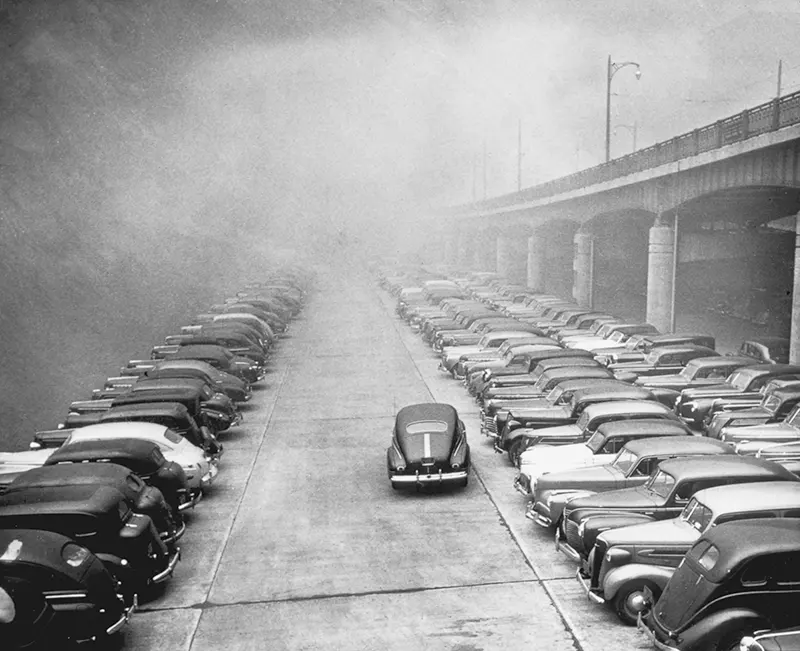
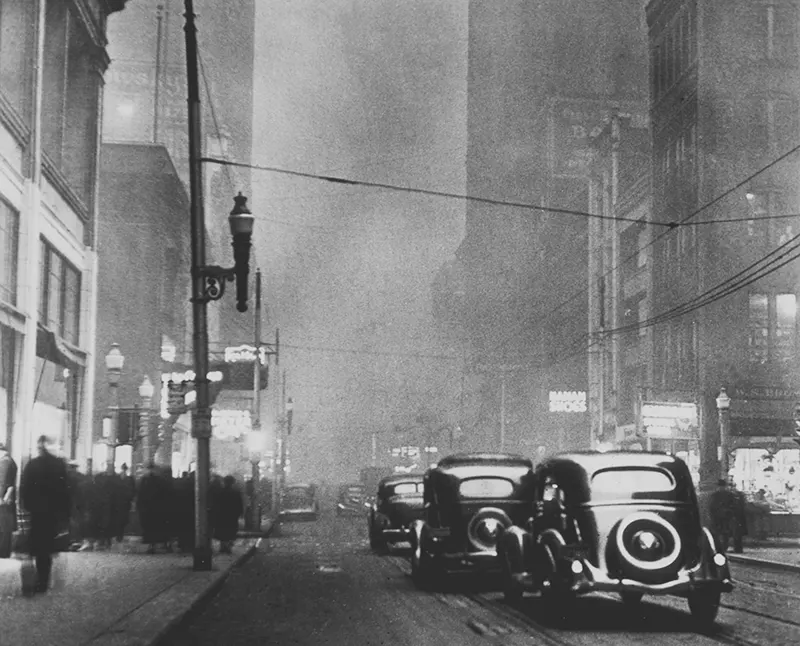
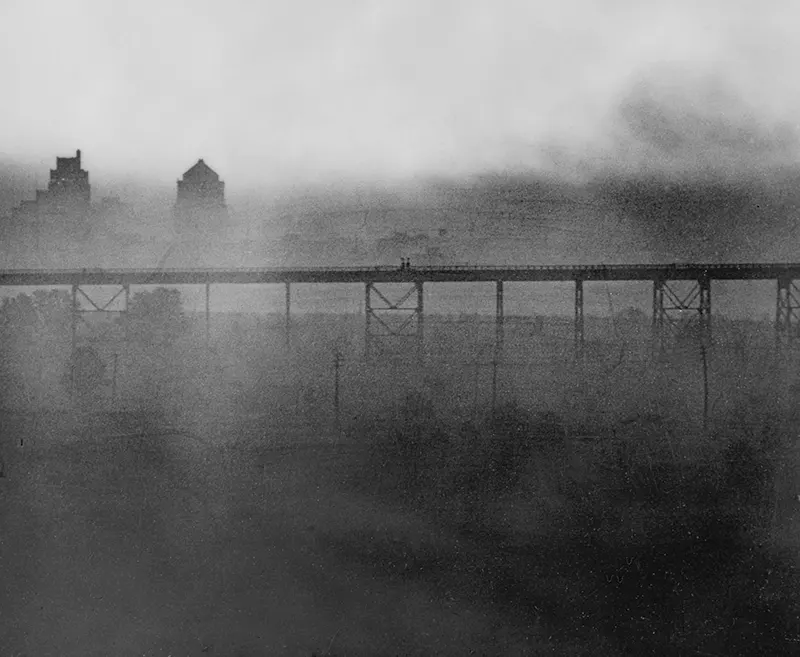
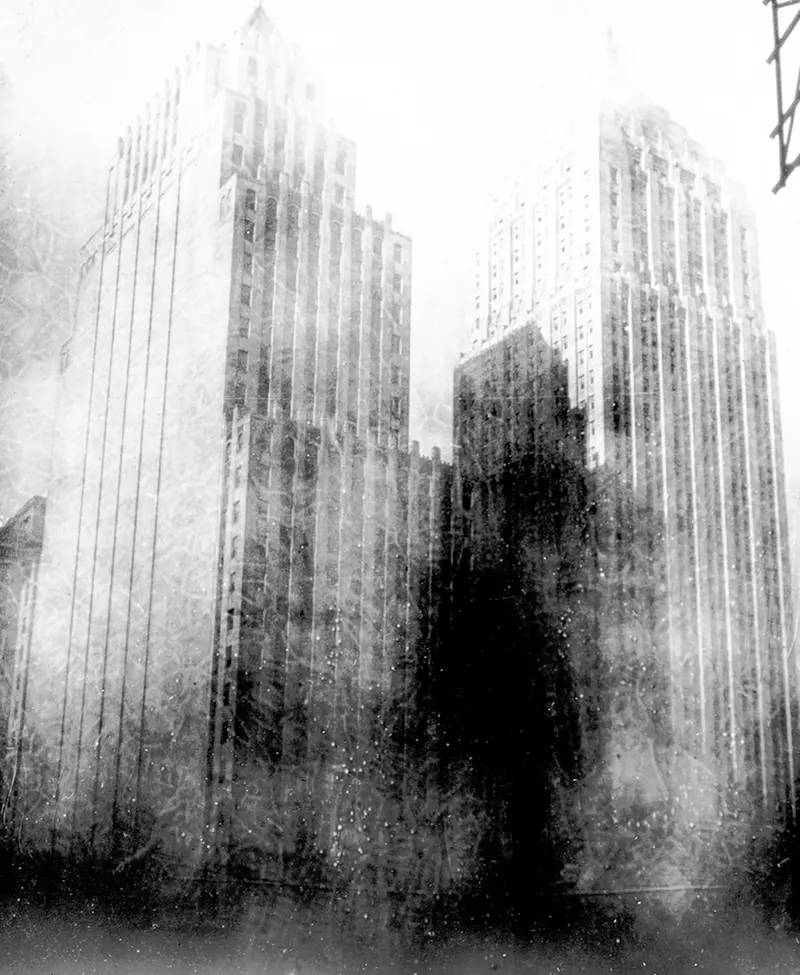
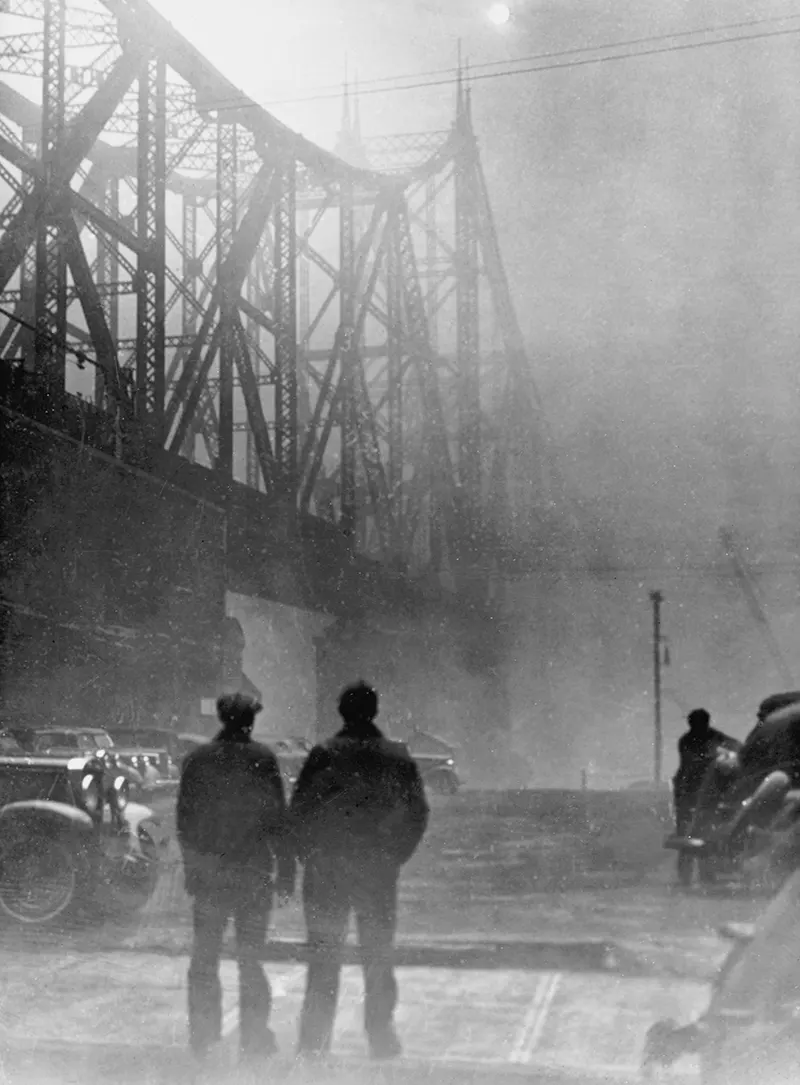
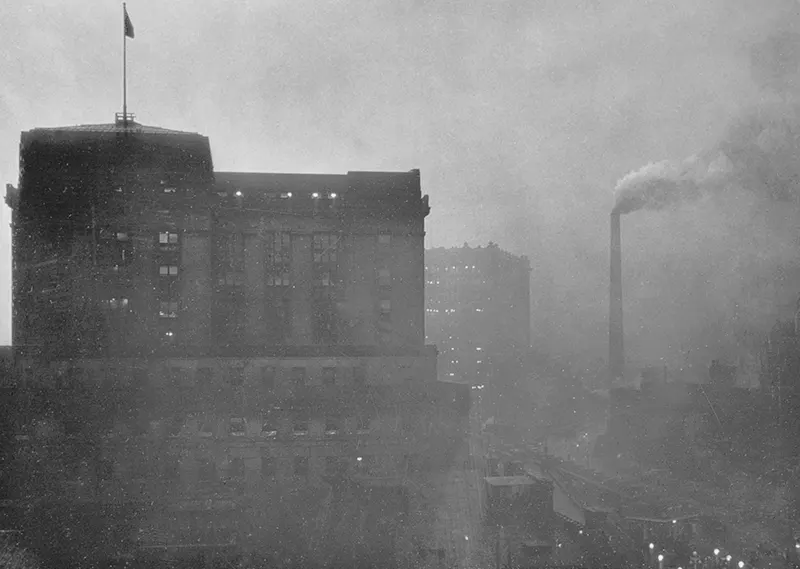
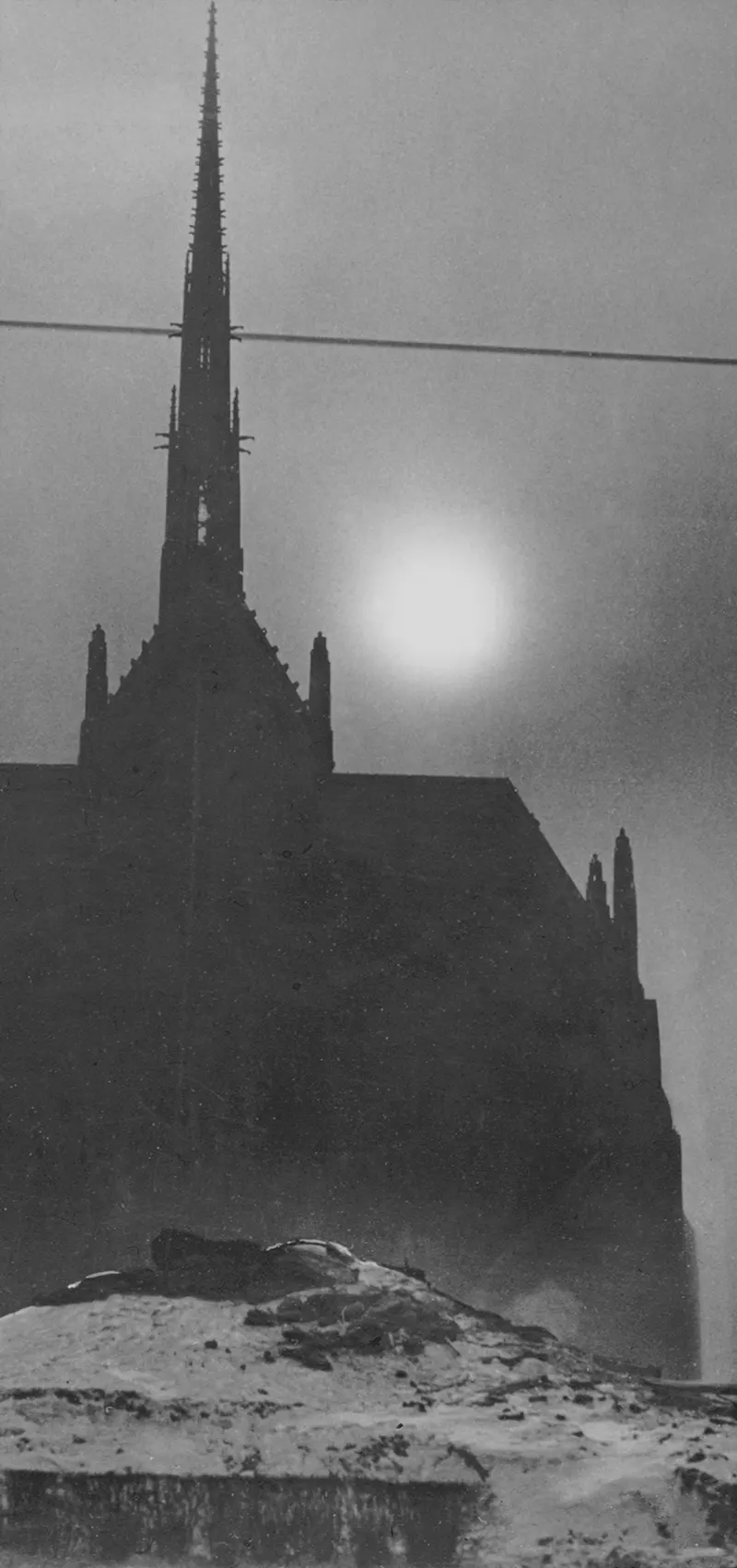
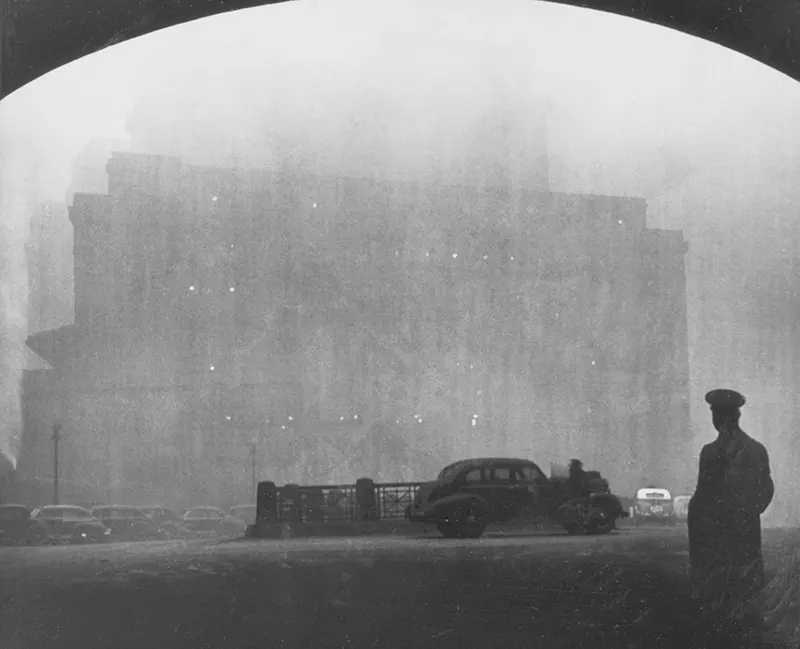
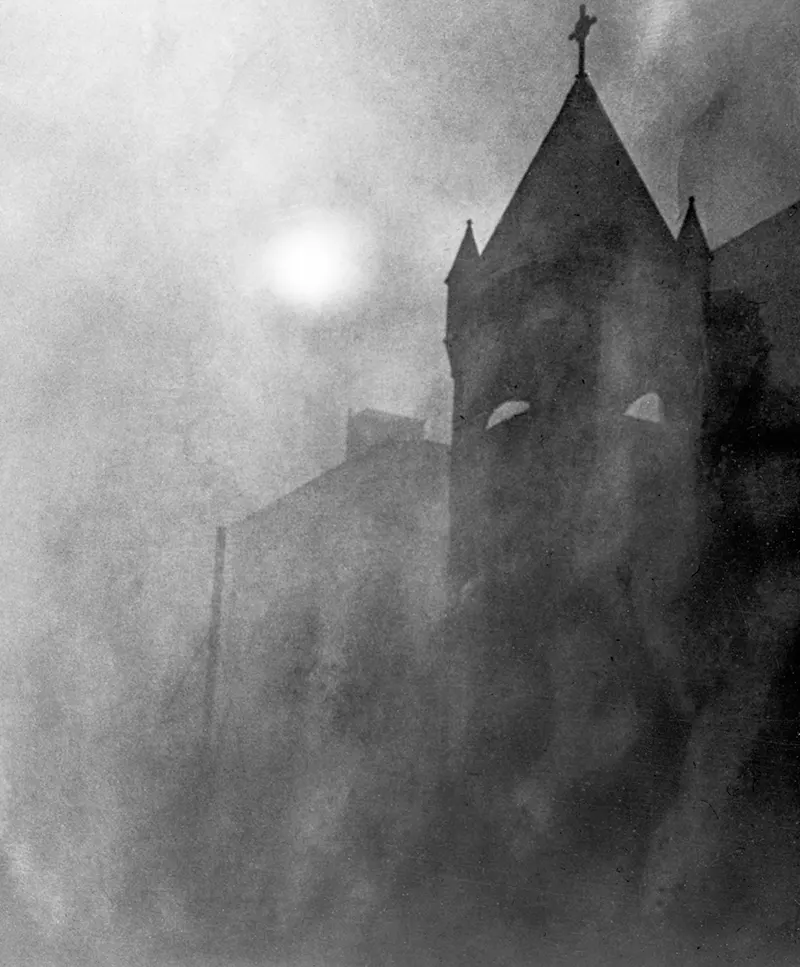
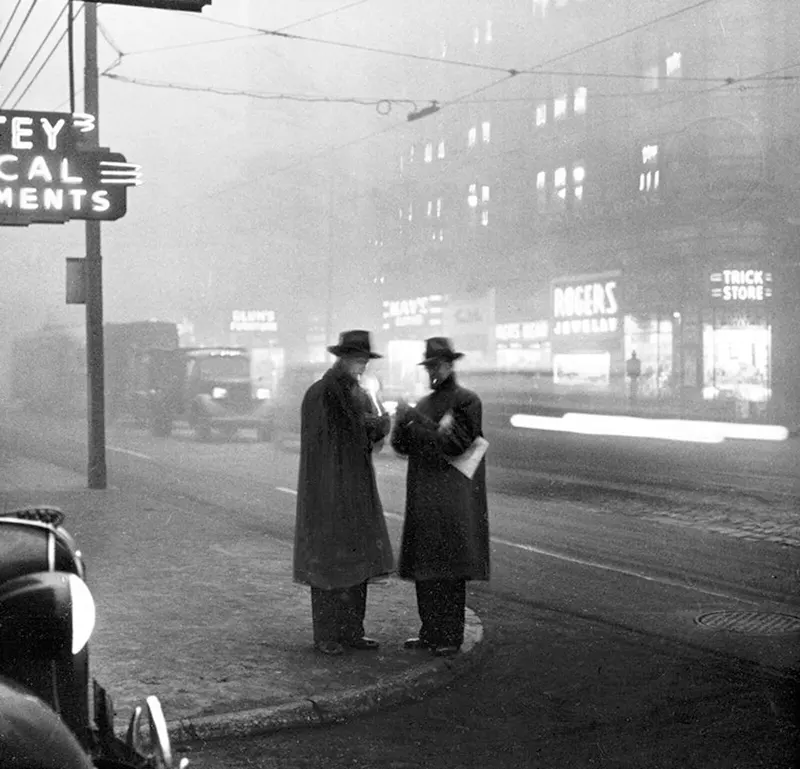
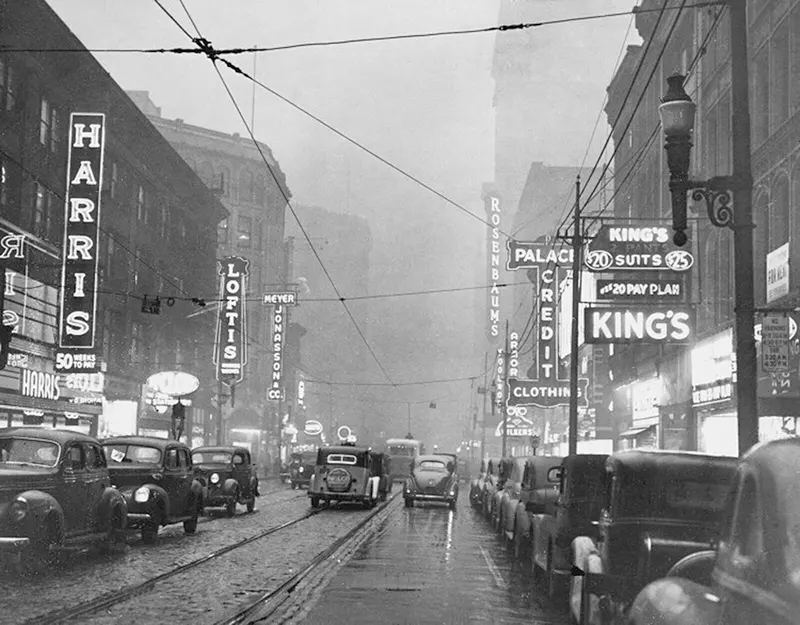
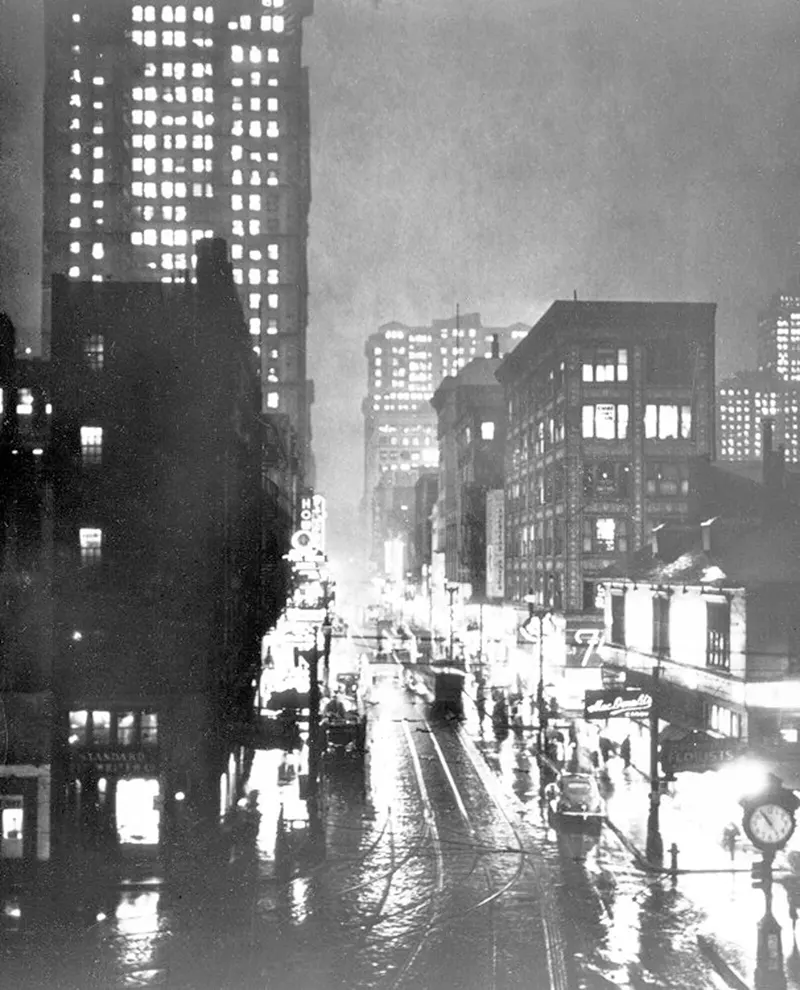
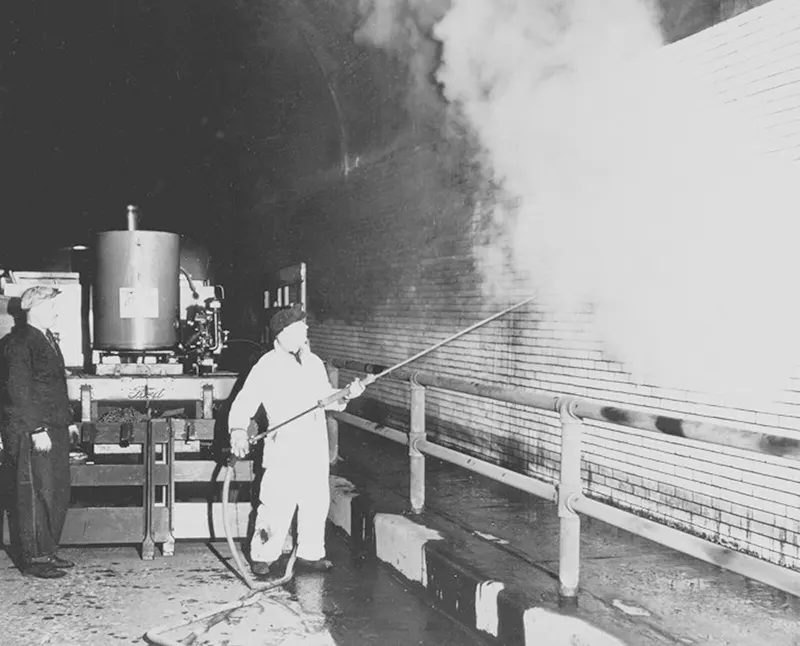
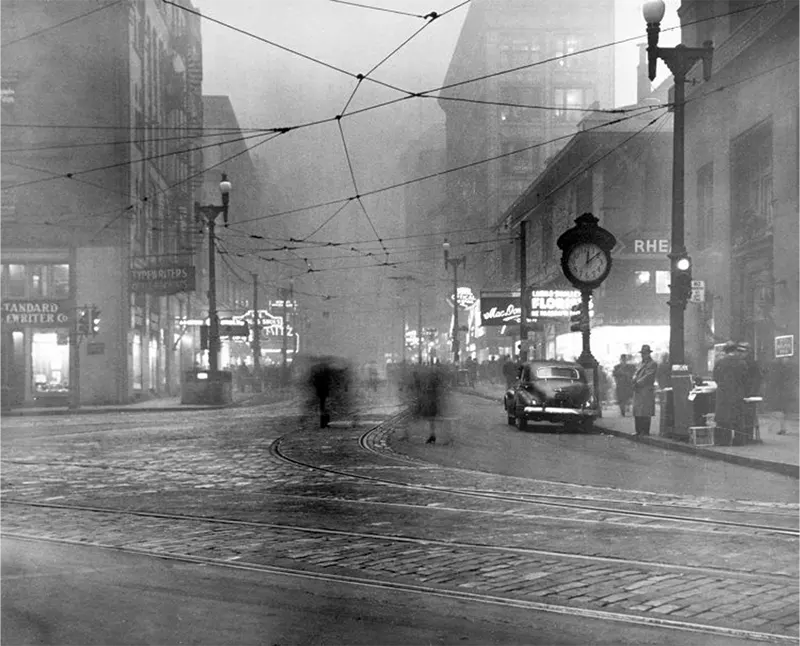
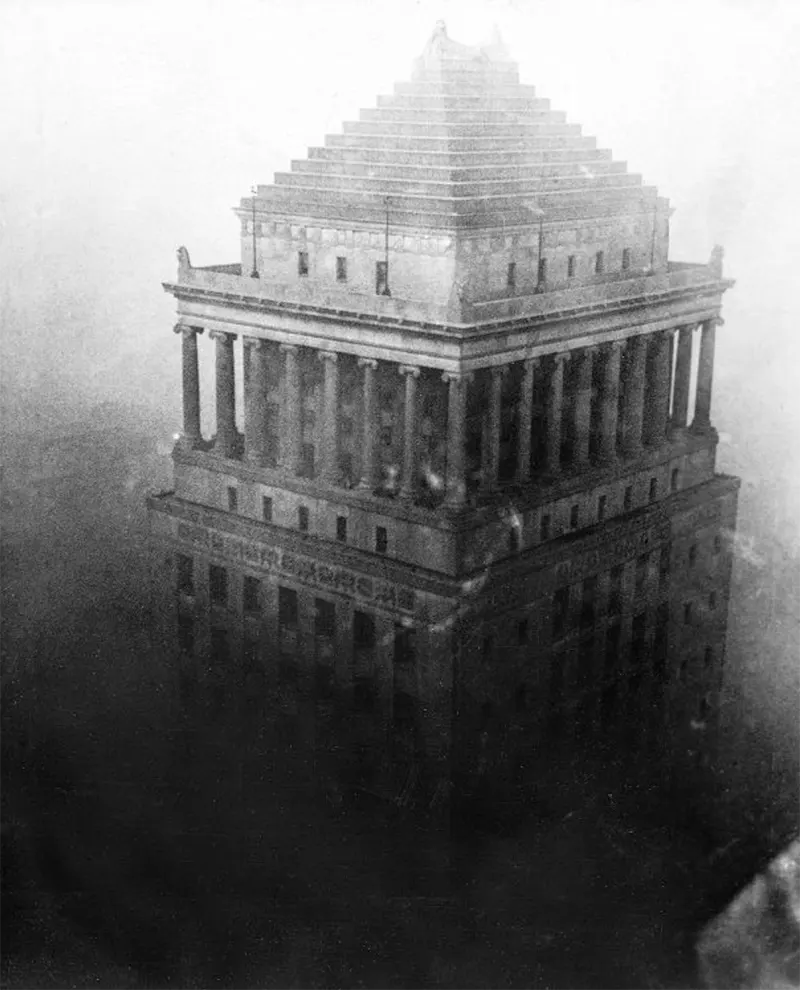
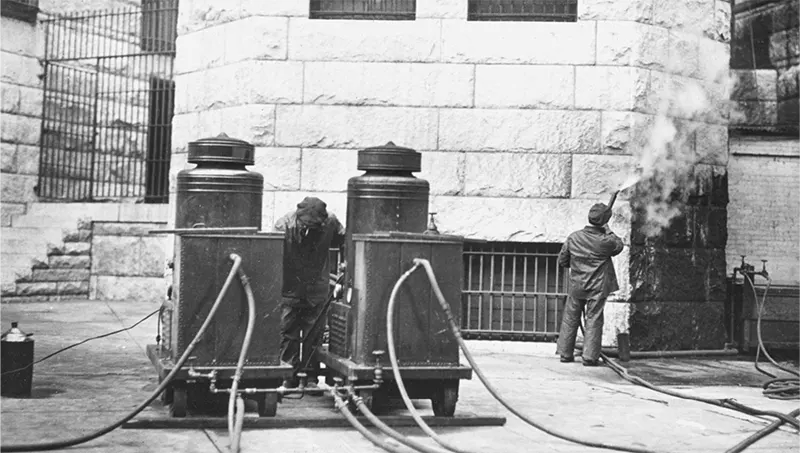
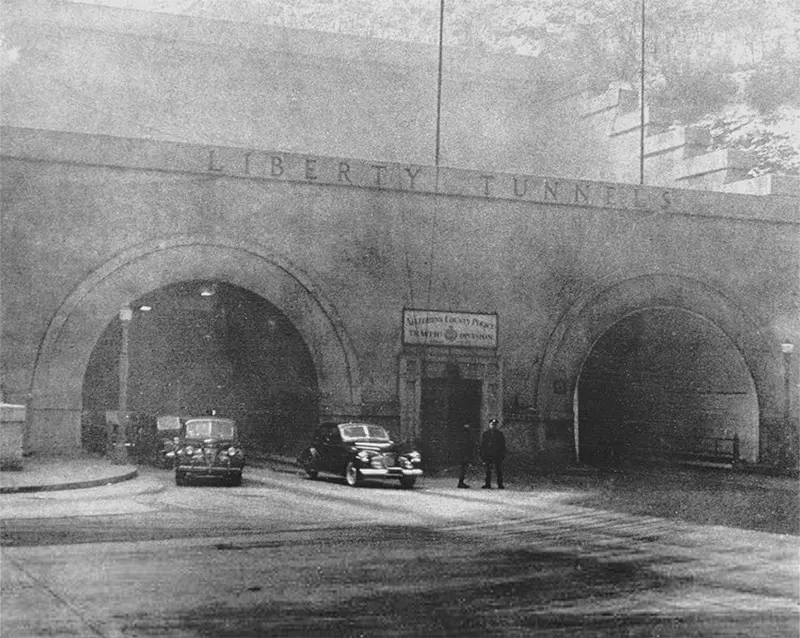
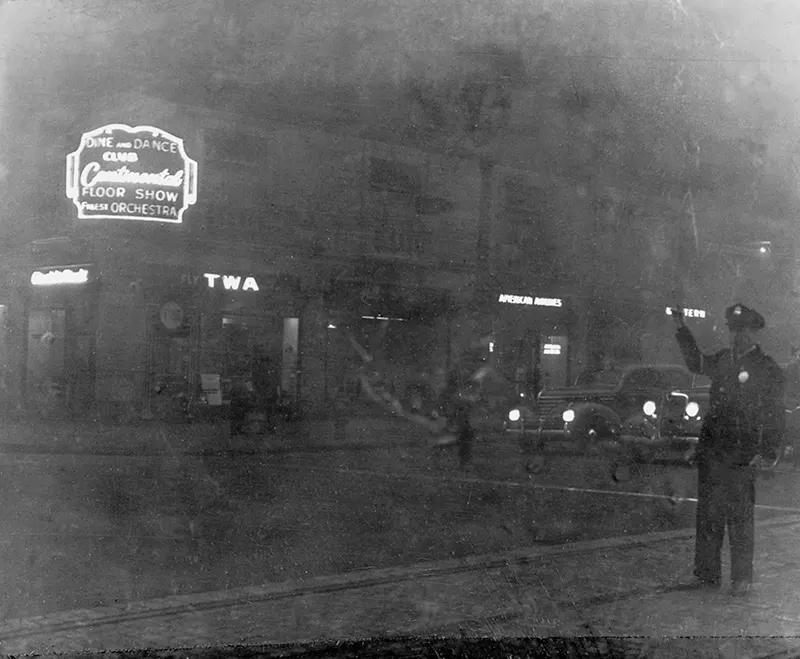
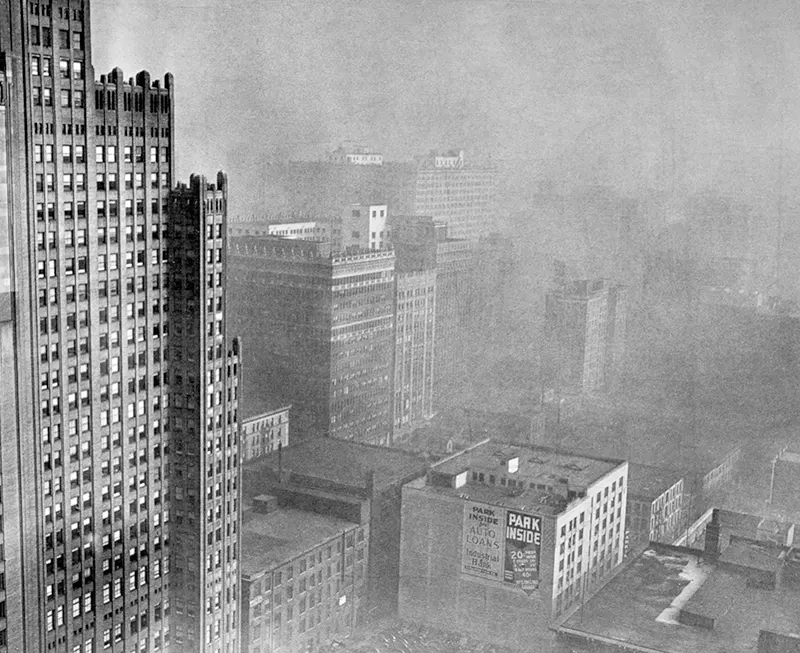
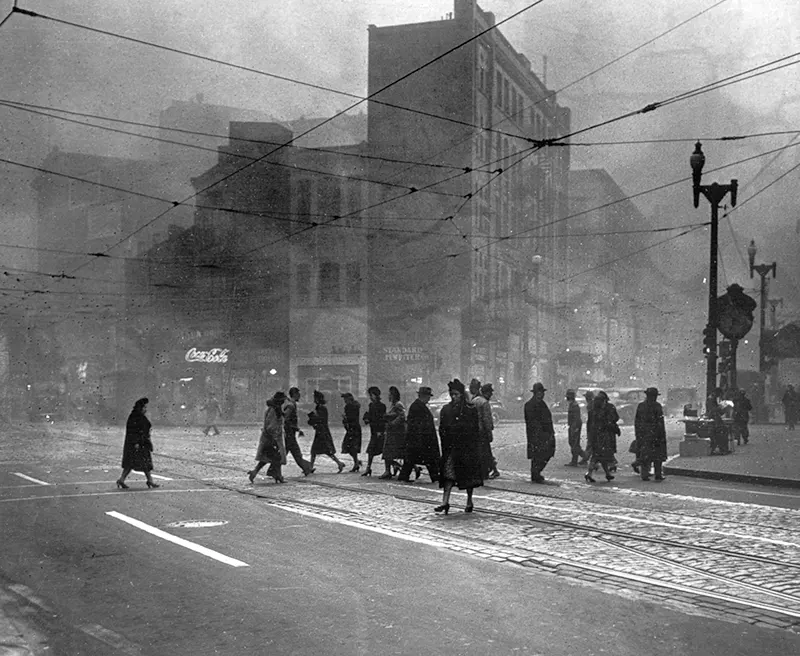
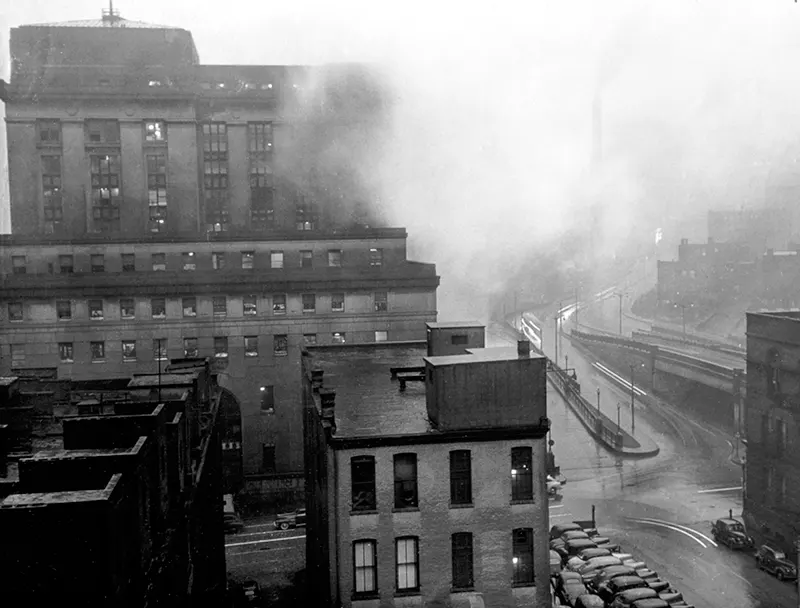
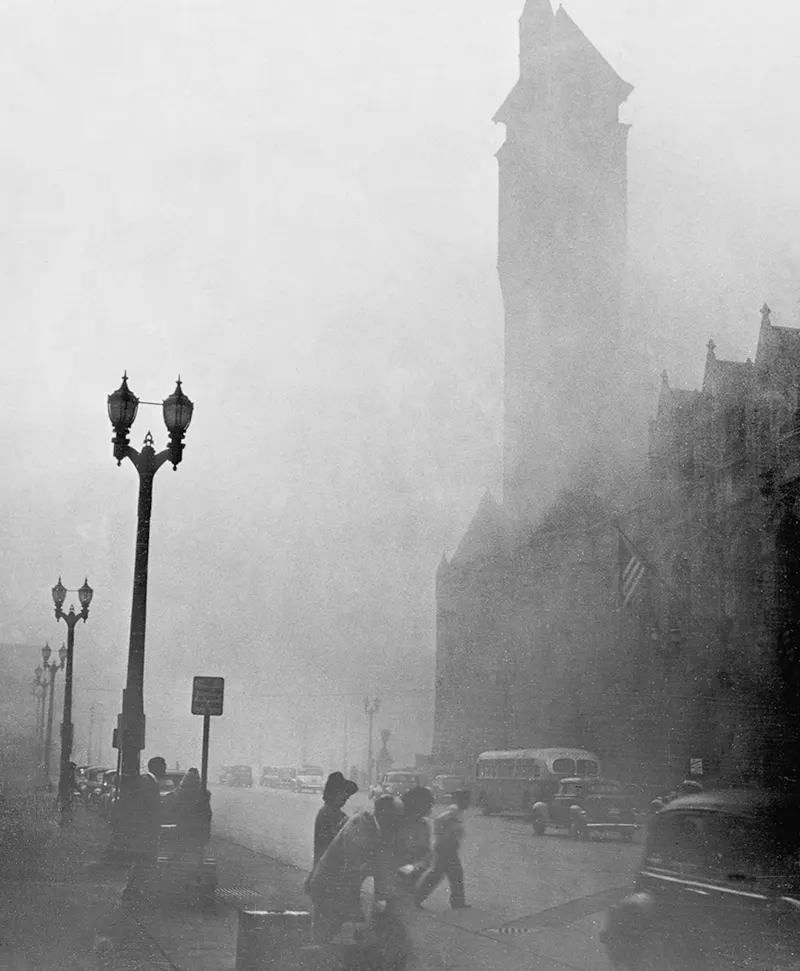
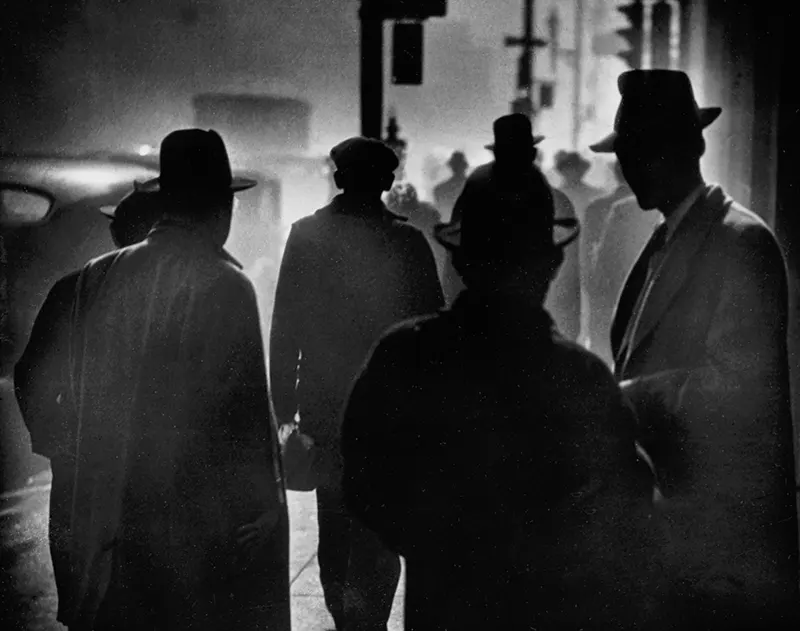
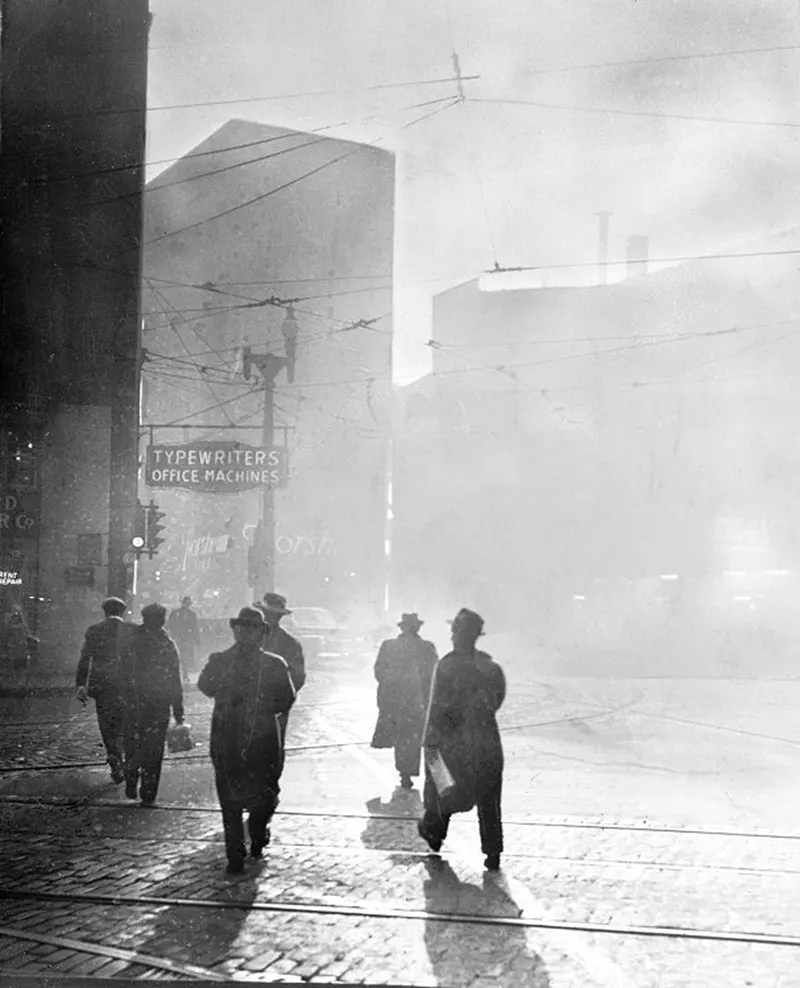
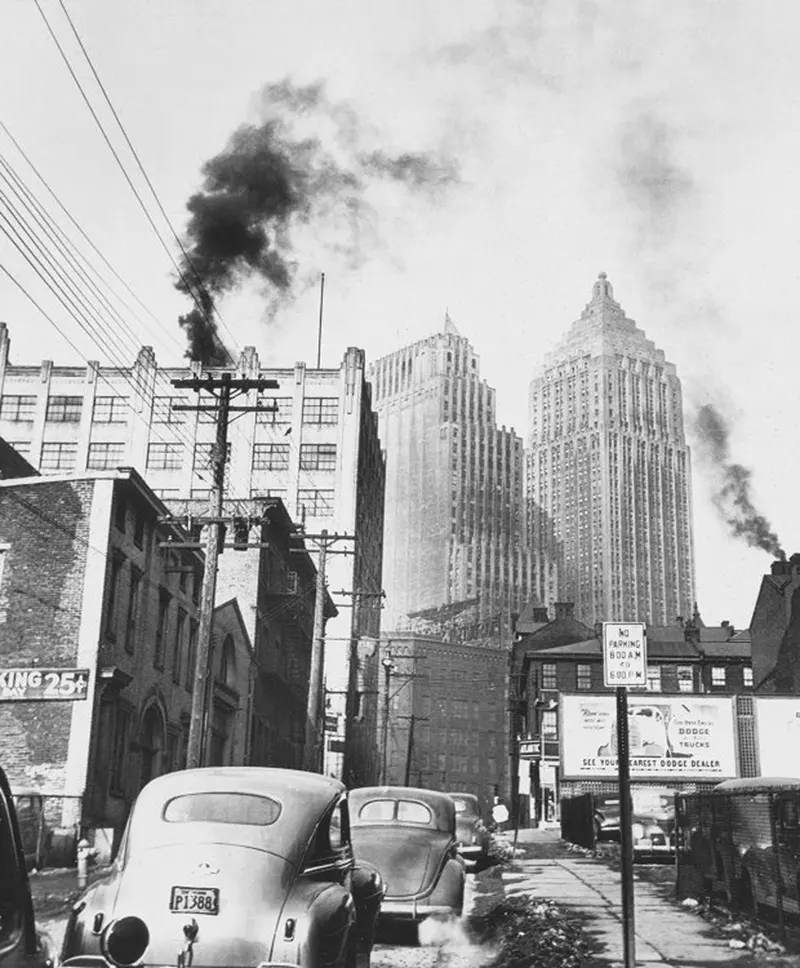
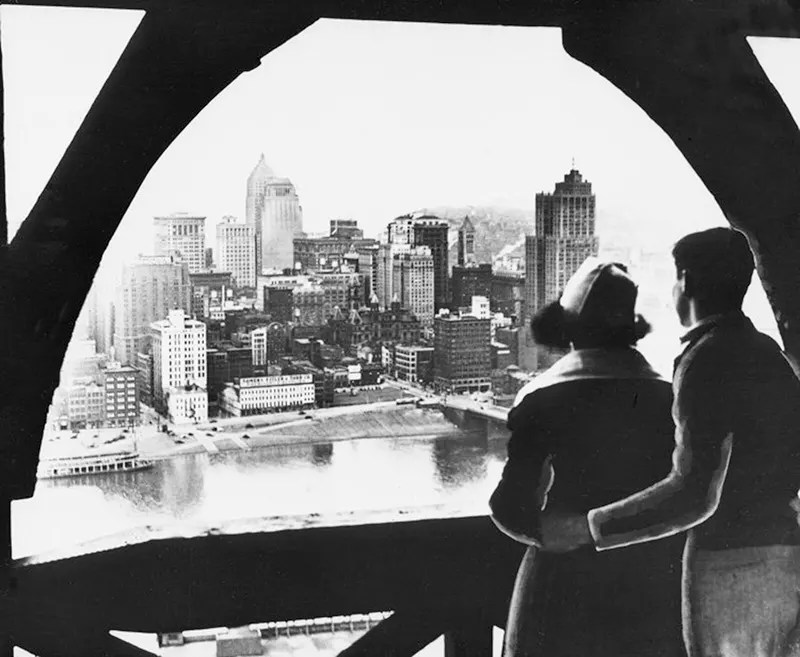
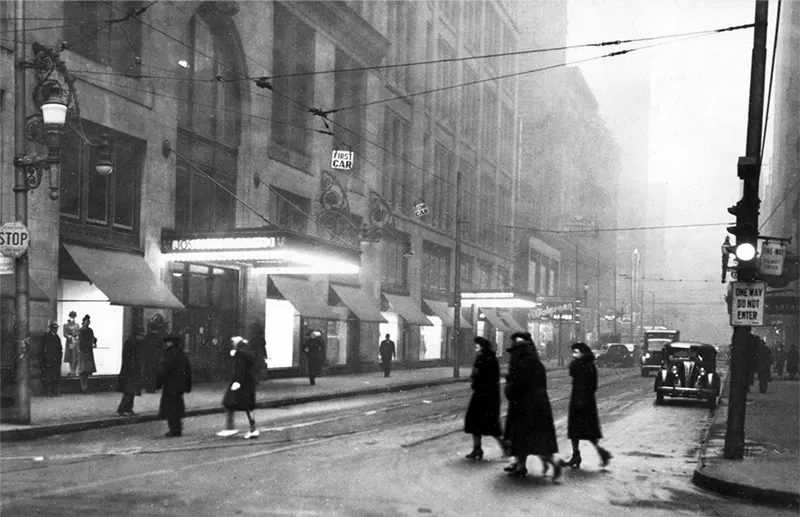

My grandfather and uncles said they changed their shirt midday. At lunch. Then maybe after work. They said they had to look crisp and fresh doing business and the air was so bad their shirts were dirty.
Also fascinating is I had family that lived in homes on city hills that never had views of the city growing up. It was not until after Pghs air cleared that the homes got the amazing views that there are now.
I believe it. When we had the fire smoke settle down over Pittsburgh my great aunt scoffed. Shes almost 100. She thought we were being silly making kids stay in because it was “barely anything”.
Older individuals, those who are over 85 remember a very different city. Theyre always fascinating to speak with.
Lol
Evertime some dumbass libertarian talks about deregulation, show them this